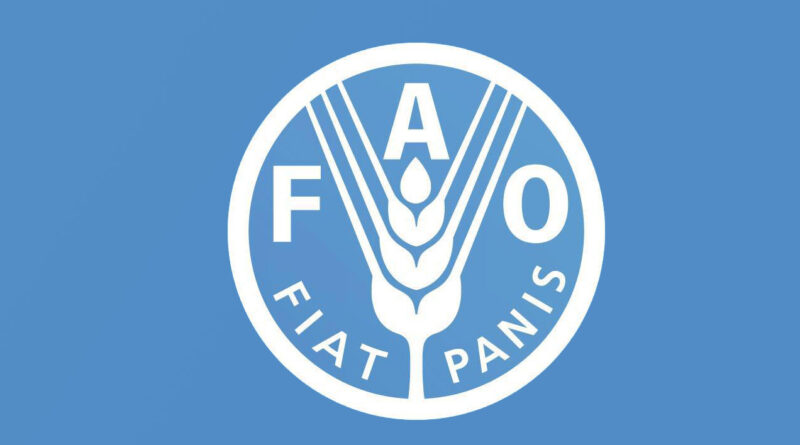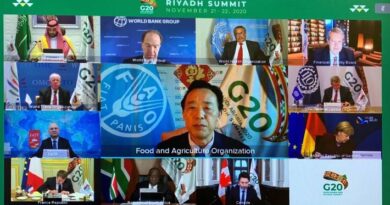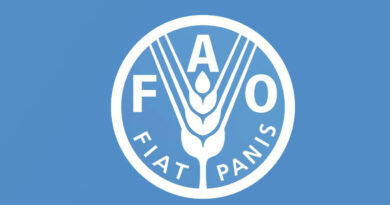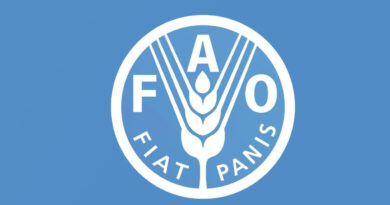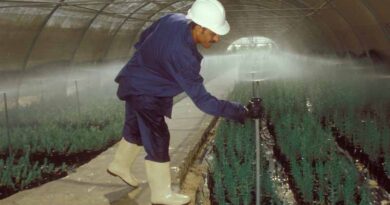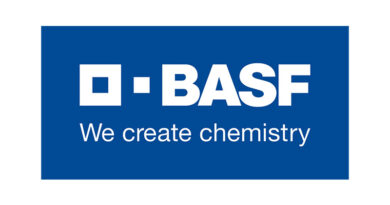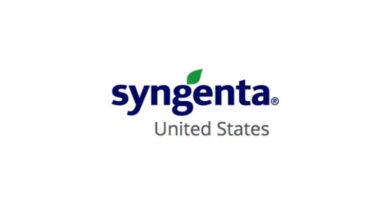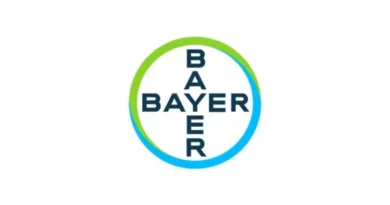Investment incentives: a powerful tool to enhance responsible investment in agriculture and agri-food systems, says new guide
30 June 2021, Rome: Increased investment in agriculture and agri-food systems has the potential to address some of the world’s most pressing challenges, but to generate long-term, sustainable benefits, these investments must be responsible, says a new guide by the Food and Agriculture Organization of the United Nations (FAO) and the Columbia Center on Sustainable Investment (CCSI).
Strategic policy interventions, such as targeted investment incentives, argues the Guide on incentives for responsible investment in agriculture and food systems, can help to steer investors to invest more and in a responsible manner, with a view to promoting sustainable development and achieving the Sustainable Development Goals (SDGs).
Investment incentives are targeted measures provided by a government to or for the benefit of an investor, with the goal of having investors behave in a certain way – such as to invest in specific locations and to invest more responsibly.
The Guide offers an overview of how such investment incentives can be used to enhance responsible investment in agriculture and agri-food systems. Designed for policymakers, it provides a step-by-step framework to plan, design, implement, monitor and evaluate investment incentives that will stimulate responsible investments for sustainable development.
Investment incentives are critical tools to catalyze the responsible private investment in agriculture and agri-food systems needed to achieve the SDGs and to build back better from the COVID-19 pandemic. To guarantee desirable outcomes, however, these incentives must be well-embedded in national development strategies and should respond to identified needs and barriers of agribusiness investors. Particular attention should be paid to ensure that investment incentives empower small-scale producers and small and medium-sized enterprises (SMEs) to invest responsibly in agri-food systems.
An opportunity to build back better
The Guide was launched on Wednesday, during an event designed to familiarize participants with the potential of incentives and the risks of using them incorrectly. Opening the event, Thanawat Tiensin, Chairperson of the UN Committee on World Food Security and Permanent Representative of Thailand to the UN Agencies in Rome, welcomed the Guide as a useful instrument to support the outcomes encouraged by the Principles for Responsible Investment in Agriculture and Food Systems (CFS-RAI Principles) and translate them into action on the ground.
Also Read: Agriculture Minister Narendra Singh Tomar flags off Crop Insurance Week for Indian Farmers
FAO Deputy Director-General Beth Bechdol called for increased investments in agriculture and agri-food systems as a necessary step to achieving the SDGs, especially in the wake of the COVID-19 pandemic.
“We want to end hunger and poverty, we want to drive sustainable development, and we want to build back better,” said Bechdol, “and if we are to achieve this, we must facilitate private investments in the agri-food sector.”
As the world grapples with the worst economic crisis since the Great Depression, she noted, concerted efforts to increase investments in agriculture and agri-food systems are needed to stimulate inclusive economic growth and to build more resilient societies.
The COVID-19 pandemic has exposed existing systemic vulnerabilities within the world’s economic and agri-food systems and set us further back on several critical goals in the countdown to achieve the SDGs.
With many countries now focused on the recovery phase and eager to attract more investment from the private sector, Lisa Sachs, Director of CCSI, cautioned that it was important not to simply restore the same practices and policies that were in place before COVID-19, such as those that contributed to widening inequality or biodiversity loss.
The Guide is the latest collaboration between FAO and CCSI, who have worked together since 2017 to promote responsible agricultural investments. The partnership has included support to investment approval processes in Africa and the development of a number of e-learning courses on responsible investment in agriculture and food systems.

